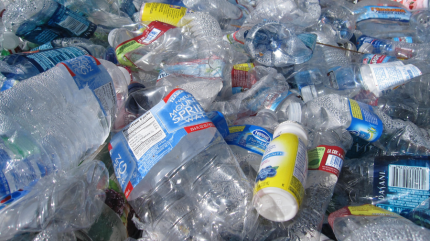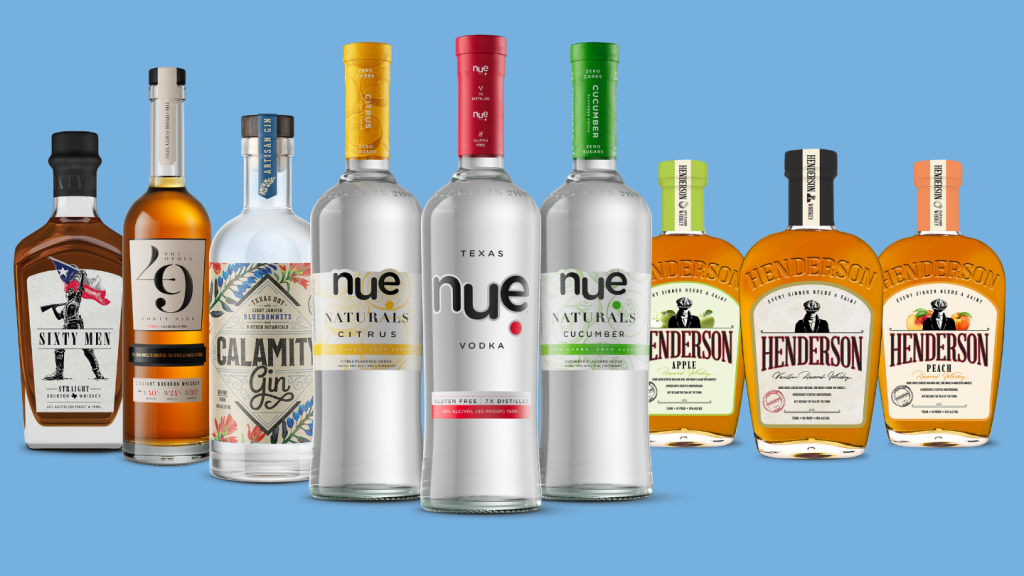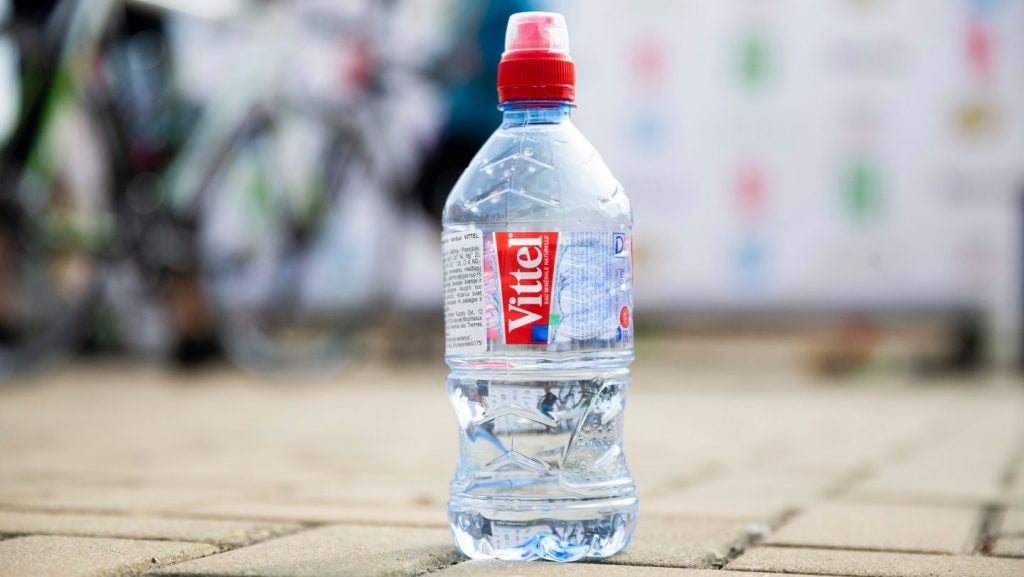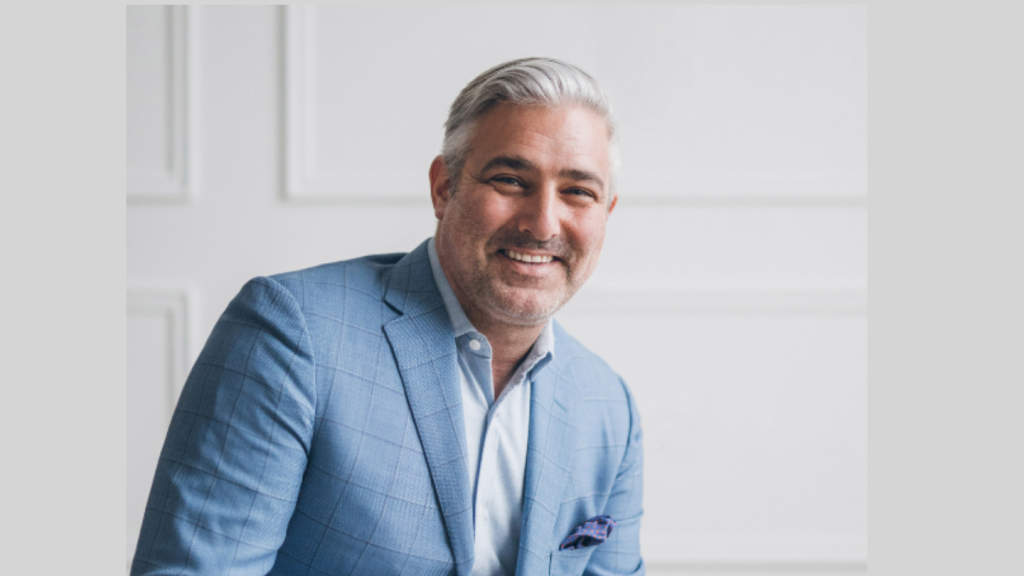
Unilever hasn’t had a great few weeks. Once seen as the corporate cheerleader for businesses doing good it has found itself under investigation in the UK for making misleading environmental claims. In March, meanwhile, it was awarded ‘greenwasher of the year’ by Greenpeace during a Reuters summit.
And CEO Hein Schumacher is finding himself under fire after the company rolled back on a range of ESG commitments, including a couple on plastic.
Rather than a 50% virgin plastic reduction by 2025, it’s now 30% by 2026 (a reported difference of 100,000 tonnes of plastic). The maker of Hellmann’s mayonnaise has also dropped a target to use only 100% reusable, recyclable or compostable plastic packaging by 2025, replacing it with a split target – rigid plastics must be reusable, recyclable or compostable by 2030, while for flexibles the deadline is 2035.
“Our updated commitments are very stretching, but they are also intentionally and, unashamedly, realistic,” Schumacher said. “I’m not going to shout that ‘we’re saving the world’, but I want to make sure that in everything that we do, that it is indeed better.”
Coming just before the penultimate meeting that will ultimately deliver a global plastic treaty, the announcement appears ill-timed. But I’d say it’s rather perfect.
Talks over a possible treaty on plastics are set to resume this week in Ottawa after three other sets of negotiations.
How well do you really know your competitors?
Access the most comprehensive Company Profiles on the market, powered by GlobalData. Save hours of research. Gain competitive edge.

Thank you!
Your download email will arrive shortly
Not ready to buy yet? Download a free sample
We are confident about the unique quality of our Company Profiles. However, we want you to make the most beneficial decision for your business, so we offer a free sample that you can download by submitting the below form
By GlobalDataHave we not had enough summits – on everything from climate change and plastic to palm oil and slavery – that deliver little more than PR for businesses?
Consider for example the 12 “trailblazing” companies that UK researchers assessed in 2019 – in the days when a treaty was a distant dream and the ‘Blue Planet effect’ was making heads spin. Many of the FMCG companies and retailers were “refracting a proportion of culpability”, lacking in context, and cleverly spinning their communications, the researchers said.
The academics from the University of Surrey explained: “They had to present themselves as both being driven to take drastic action by their customers’ values and by their own core beliefs, both listening to their customers and educating them, both knowing what was best for the consumer and not having all the answers, of leading the way and yet being part of a much larger network of collective responsibility.”
And this has been happening for four years now. Don’t get me wrong, there have been pockets of improvement – for example on levels of recycled content for PET – but companies have not got anywhere near the hoped-for targets there was so much hype about.
The global commitment run by the Ellen MacArthur Foundation (EMF) has improved the transparency of the plastic packaging footprints of major global brands but failed pretty miserably to drive much change.
In some cases, the use of virgin plastic is rising, with the group of committed companies way off track. Mind you, the 80% of the global plastic packaging market that didn’t sign up is performing “much worse” on average, EMF said in its five-year update.
That update also did little to assuage critics that the concept of voluntary-led agreements can work. “The learnings so far reinforce the need for more, and more ambitious, binding policy measures, as well as accelerated voluntary business action,” EMF said.
But voluntary action has slowed dramatically. Such commitments “are meaningless unless there is an effective way to enforce companies to comply with them”, noted Changing Markets, a group that exposes irresponsible corporate practices, in an assessment of the plastic agreements. It called them “a tactic to successfully prevent effective regulation”.
WWF’s latest ‘ReSource: plastic progress report’, published in December, showed Keurig Dr Pepper using 18.4% more plastic packaging in 2022 than in 2018 and Coca-Cola’s plastic footprint jumping 15.4% in the same period (to 3.47 million tonnes). There were similar stories at Starbucks and McDonald’s. The use of recycled content has improved for some polymers and in some companies but the wheels of that shift have been greased by regulation like plastic taxes.
Unilever’s decision is therefore a reflection of the reality. Whether this is because it’s harder than they expected or because they expected reporting to be enough, is moot.
“All companies should be reporting on their plastic footprint – something we are advocating for in the UN Global Treaty to End Plastic Pollution,” notes Erin Simon, vice president of plastic waste and business at WWF. “ReSource member companies are ahead of the curve, demonstrating that plastic reporting is not an onerous or impossible task. Their transparency enables lessons to be learned and actions to be taken that will reverberate across supply chains and industries worldwide.”
But when? Public reporting of such footprints is welcome – and the nine companies involved in WWF’s scheme, plus the dozens in the EMF and various national plastics pacts deserve credit. But as the years tick by concerns remain that reporting itself is the end game.
And Schumacher seems to have had enough. “We want to set sustainability ambitions which are credible, which we believe we can deliver against, and which have real positive impact,” he explained.
This is a gamble in more ways than one: come up short on seriously stretching ones and it’s more a case of ‘better luck next time’; missing “realistic” green targets will leave him red-faced and ridiculed.
Wrap, which has struggled with the UK version of the plastics pact, says there needs to be another post-2025 agreement (the current one was for only five years) because planned regulations won’t deliver “plastics circularity” or whatever targets may come once the global plastics treaty is finalised.
Indeed, thinking that the plastics treaty will solve all this is folly. It’s incredibly important, don’t get me wrong, but eight years on from the Paris Agreement on climate change and greenhouse gas emissions are still rising. The use of virgin plastics, and all the accompanying environmental, social and economic baggage that come with them, will also continue in the wrong direction unless companies stop hiding behind commitments and start acting.
In that EMF update, Unilever said “we’re reaching the hard part” in efforts to reduce plastic packaging, and as with any initiative “you can’t just carry on with the same strategy”. Schumacher is doing just that. Like Marmite, some will hate the approach (seen as a slowdown on sustainability to appease shareholders keen for more profits) and others will love it.
The latter camp includes the likes of Alison Taylor, clinical professor at NYU Stern School of Business and author of Higher Ground: How Business Can Do the Right Thing in a Turbulent World, who says: “More sober, restrained, realistic commitments on fewer issues that the company can actually influence is good news, especially combined with a recent focus on policy alignment.”
Setting flagship goals and hoping no-one makes a fuss (or better still doesn’t notice at all) when they’re missed has been the prevailing policy for corporates on plastic packaging. Schumacher is bucking that trend. The company’s use of virgin plastic for everything from mayonnaise to soap sachets has fallen 13.4% since 2019 to 698,000 tonnes. There is still a lot of work to do to hit 30% by 2026.







